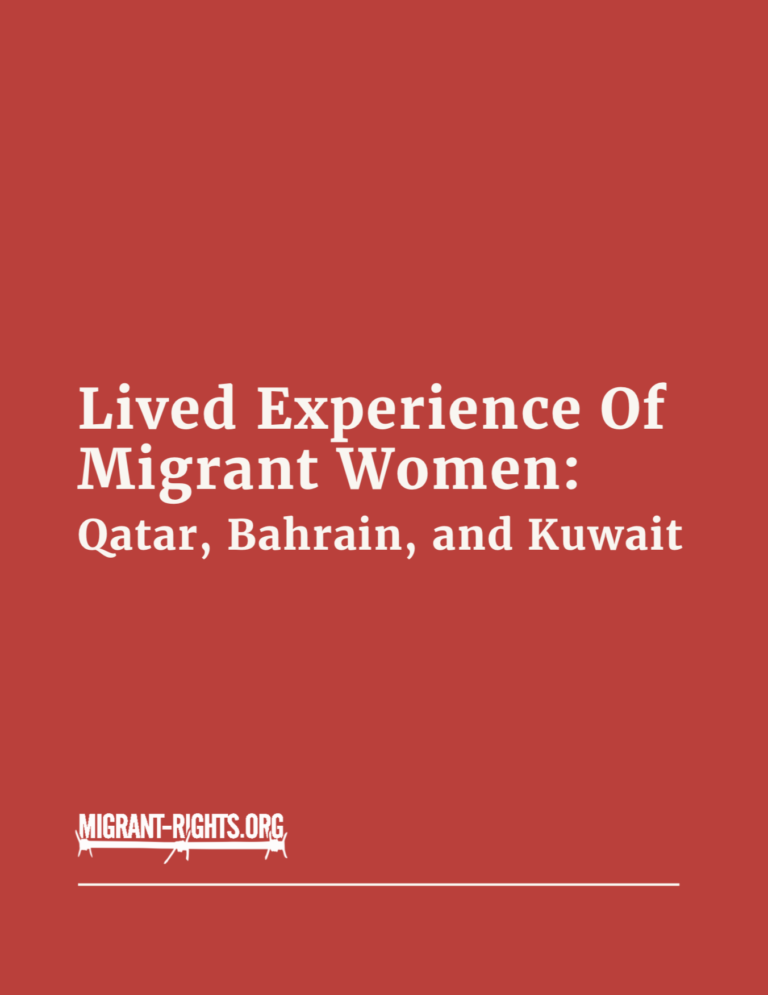Training manual to fight trafficking in children for labour, sexual and other forms of exploitation
PublicationsThis training manual – developed by ILO and UNICEF under the UN Global Initiative to Fight Human Trafficking – seeks to aid governments, workers, employers, international, and non-governmental organizations that combat trafficking in children f...Read More

